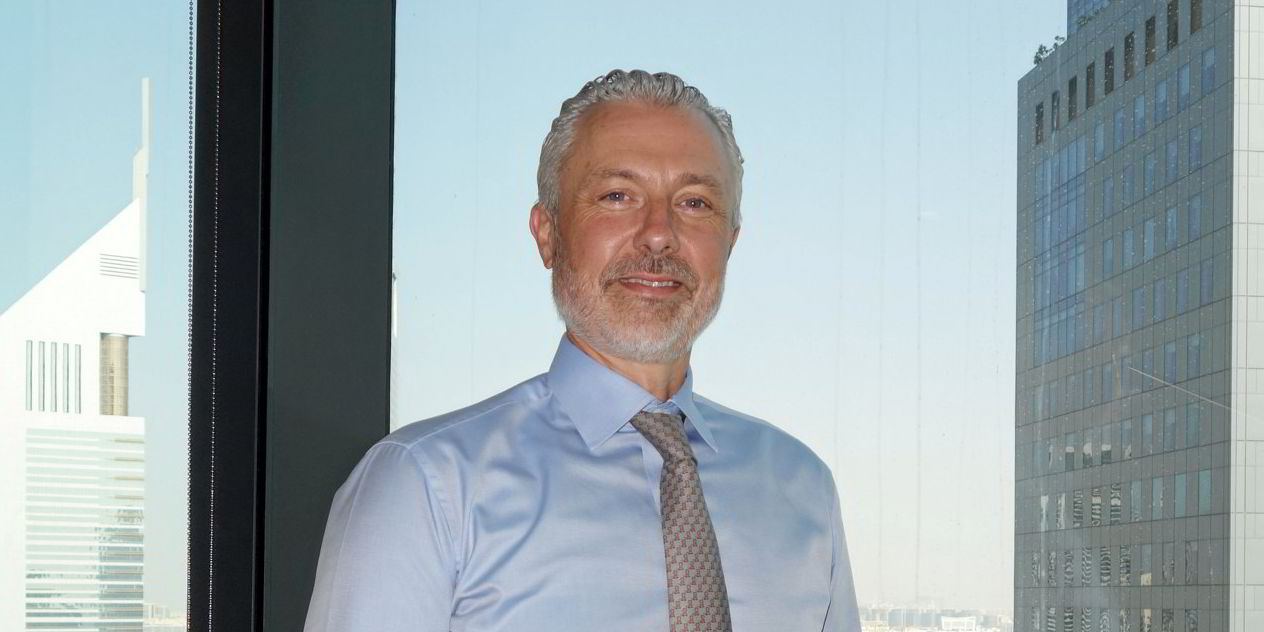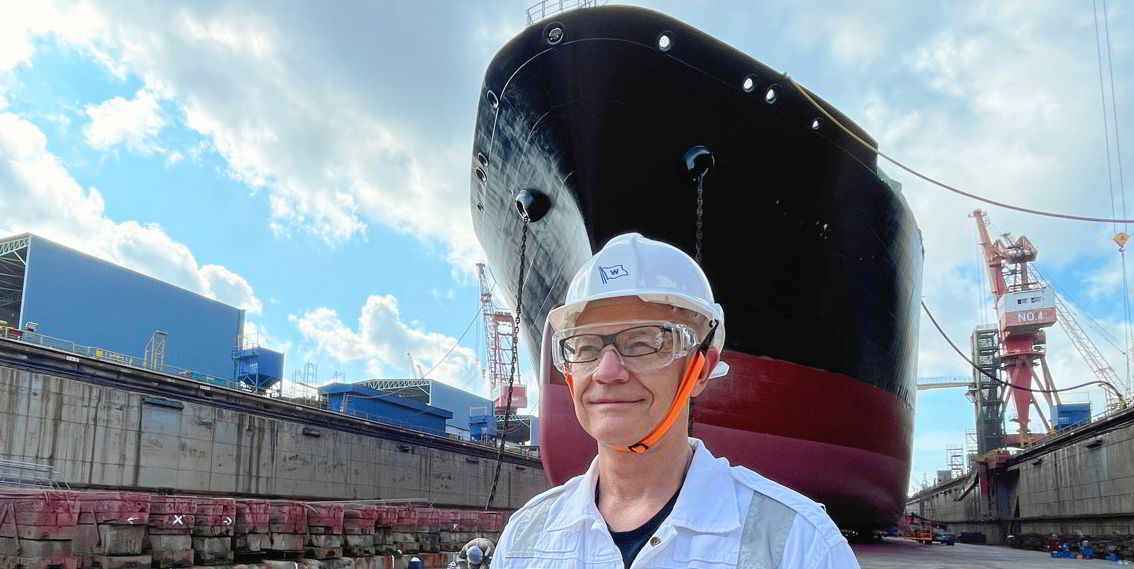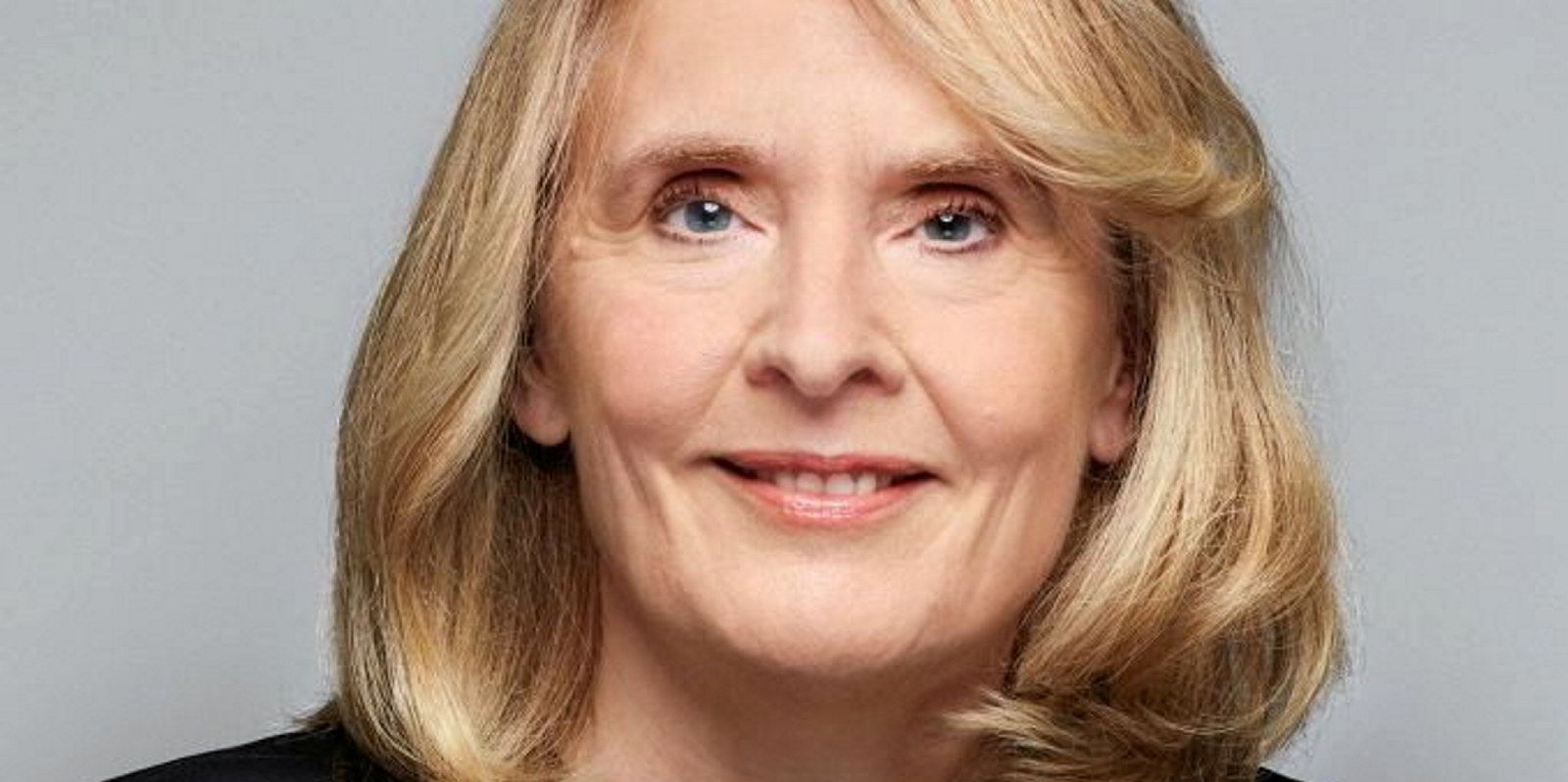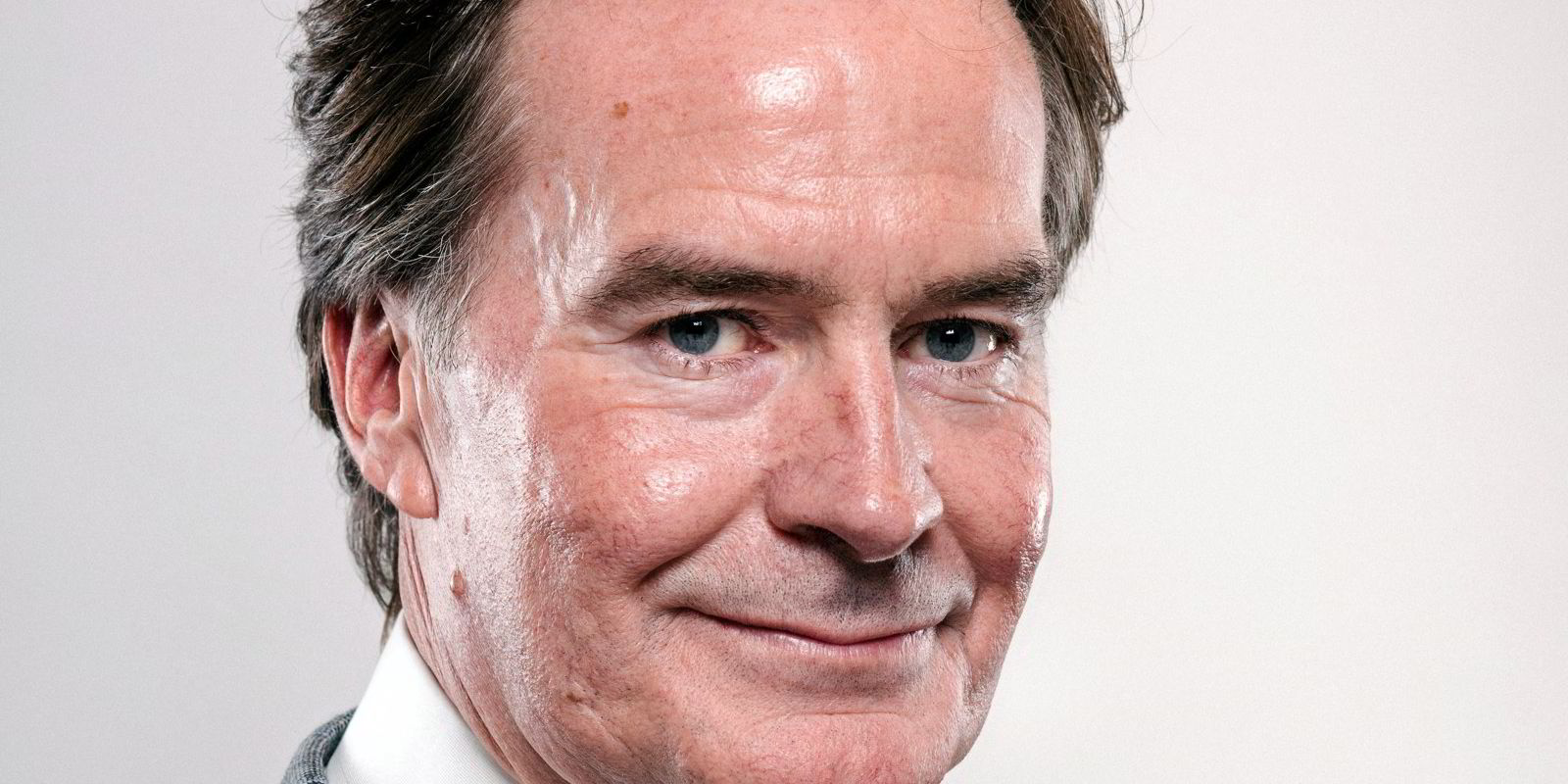The technical management of ships is becoming increasingly complex as the industry faces growing pressure to digitalise operations and decarbonise.
The investments required for digital platforms both ashore and aboard ship handling everything from procurement to emissions monitoring are staggering. And crews will require intense training to work with these systems and the increasingly complex engines and fuel systems.
V.Group chief executive Rene Kofod-Olsen believes that as shipping moves along its decarbonisation journey, the technical management of vessels will become one of the industry’s biggest challenges in the future. He predicts that an increasing number of shipowners will turn to third-party ship managers who have invested in the resources required.
“Logically, it [demand for third-party ship-management services] is only going to increase, to grow, off myriad of reasons,” Kofod-Olsen told TradeWinds in an exclusive interview at the ship-management giant’s offices in Dubai.
“Complexity, decarbonisation, the crewing challenge and ensuring that you can continue attracting crew and educate them, and all of it at scale.
“And if you have a small fleet of vessels, how would you actually do that with economies of scale? You would not because you would need specialists. Everybody would need specialists, would need their own IT systems, would need their decarbonisation strategy, and focus on regulations and sanctions and ever-changing regimes around the world.
“We predict a steep increase in clients outsourcing, both the traditional clients and the increasing number of financial investors we see coming into shipping. They invest in a liquid asset, and they need somebody else to manage that.”
Given the investment needed, Kofod-Olsen believes scale will be critical — and this will lead to increased consolidation in the ship-management sector.
“I’m not talking the smaller ship manager down,” he said. “They may be there for historical reasons, but fundamentally — just like it will be difficult to be an in-house manager for a smaller fleet — the same goes for a smallish ship manager. I do not believe that you can do any of the things I mentioned at scale. I know we wouldn’t be able to.”
Kofod-Olsen continued that having scale allows third-party ship managers to give scale advantage back to clients, claiming that this is V.Group’s strategy.
“But if we only had 50 vessels, I doubt we could do that,” he said.
Despite Kofod-Olsen’s belief that more shipowners will turn to third-party ship managers and there will be consolidation in the sector, he does not expect this to happen overnight.
“There are 65,000 or so commercial vessels in the world, and it takes a long time to see an industry truly consolidating,” he said.
Nevertheless, this week there were reports in shipping media that Singapore-based ship manager OSM Maritime was interested in buying compatriot Thome Group.
Thome would neither confirm nor deny the rumours, claiming that it did not discuss “such activities” until they had come to fruition.
In a prepared statement provided to TradeWinds, Thome stressed that it was continuously evolving.
“As a group, partnerships and collaboration are an integral part of driving growth when we see that the circumstances are right,” Thome said.
“We are always looking at opportunities to expand the breadth and depth of our service portfolio and increasing our footprint. It is also important to position ourselves strategically to tackle industry challenges such as decarbonisation, cybersecurity, and digitalisation.”
A combined OSM and Thome would create a ship-management powerhouse that would rival V.Group, which has close to 1,000 ships under its management.
Kofod-Olsen gave no indication of any intention by V.Group to expand by acquiring a competitor to build the scale it already has.
Recent expansion for the company has come in the form of portfolio businesses covering marine engineering company, digital procurement and crewing-related activities.
“We are a little bit unique in that we have these streams of services that we provide to shipping,” he said. “We do the whole ship-management set for anybody [who] would like that, plus all the sorts of affiliated services.
“All of these can work independently — we even have ship managers that are traditionally a competitor on the technical side heavily working with our affiliated companies.”
On the decarbonisation front, V.Group has set up a sustainability department, joined the Maersk McKinney Moller Centre for Zero Carbon Shipping and has established an initiative with McKinsey to deliver data sets to its clients that can be used in decision-making.
Last year, V.Group built artificial intelligence into its system.
“For the first time, we have a machine that can start predicting trends and risks,” Kofod-Olsen said.
Predicting trends
He added that these initiatives came at a substantial capital investment.
“I believe all this will make us more efficient and better at serving our clients,” he said. “Hopefully, that will assist expanding people’s view on outsourcing.”
For the ship-management industry to move forward, Kofod-Olsen believed it is necessary for the sector to change the dialogue from being transaction-driven to value-driven.
“It’s on the ship manager to not only convince, but to change,” he said. “We need to ensure that we have the right conversations with our clients, explain to them what we can do and how we can share the risk.
“But it’s on us. We cannot wait for people to understand us. We need to explain what we can do for shipping and how we can make a difference that matters.”







